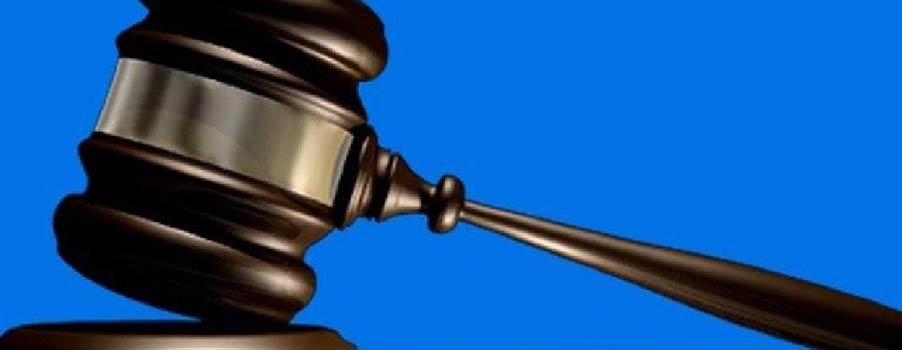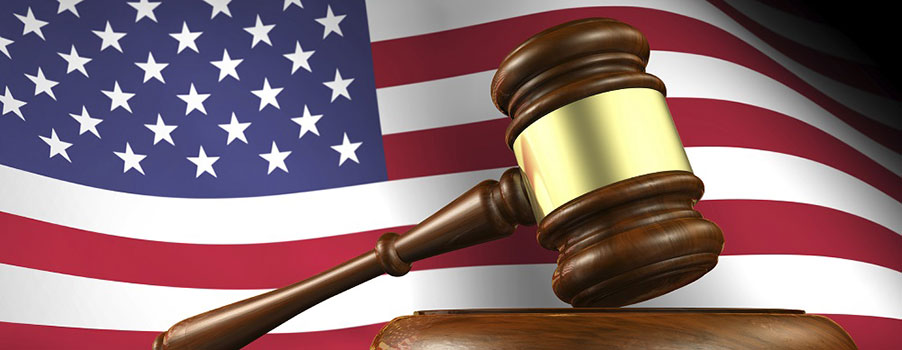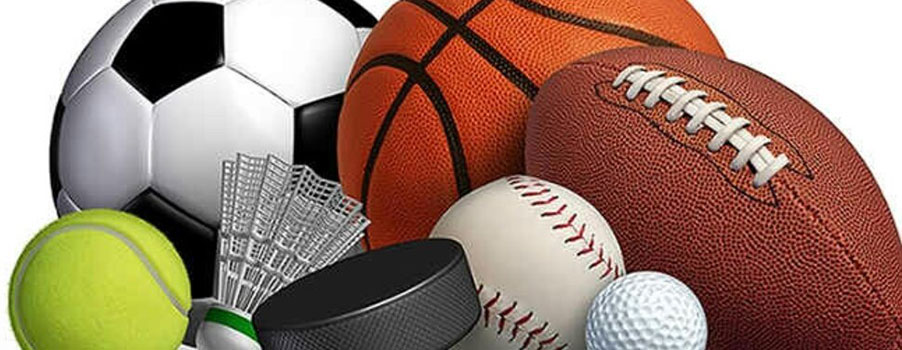Indiana is set to be among the over dozen other states that have been preparing for significant changes in federal law pertaining to sports betting. At the moment, the United States Supreme Court is weighing arguments on whether or not to abolish 1992’s Professional and Amateur Sports Protection Act that will imply nationwide legalization of sports betting. A number of the states that are already preparing for this are quite optimistic that the Supreme Court will make a decision that upholds their wishes before the third quarter of 2018.
Indiana’s entry into the list was marked by a legislation that is going to be filed this session by a Republican lawmaker. This is, however, not Indiana’s first shot at fighting for sports betting – the state’s first attempt in 2015 did not bear any fruit but with New Jersey’s petition for the abolishment of PASPA being picked up by the Supreme Court everything has changed in their favor. Should PASPA be revoked, a number of states will have already legalized sports betting or will be in the process of finalizing the legislation – these include California, Pennsylvania, Mississippi, New York and Michigan.
Congress Might Act on Sports Betting
According to NBA Commissioner Adam Silver, the US Congress has shown a lot of interest in the topic of sports betting as well as NBA’s demands for a federal framework for it. Three years ago, Silver endorsed the lifting of the ban that imposed certain regulation and technological safeguards. His reasoning was that this would keep bettors from resorting to illicit bookmaking and shady offshore betting sites.
This seems like a longshot since it essentially implies diverting attention to what would represent a large expansion of gaming at the federal level which has not been possible for very many years. Regardless, there have been several efforts made towards it including calls for hearings on an active legislation by Rep. Frank Pallone that seeks to repeal the federal ban and leave sports betting to the states.








